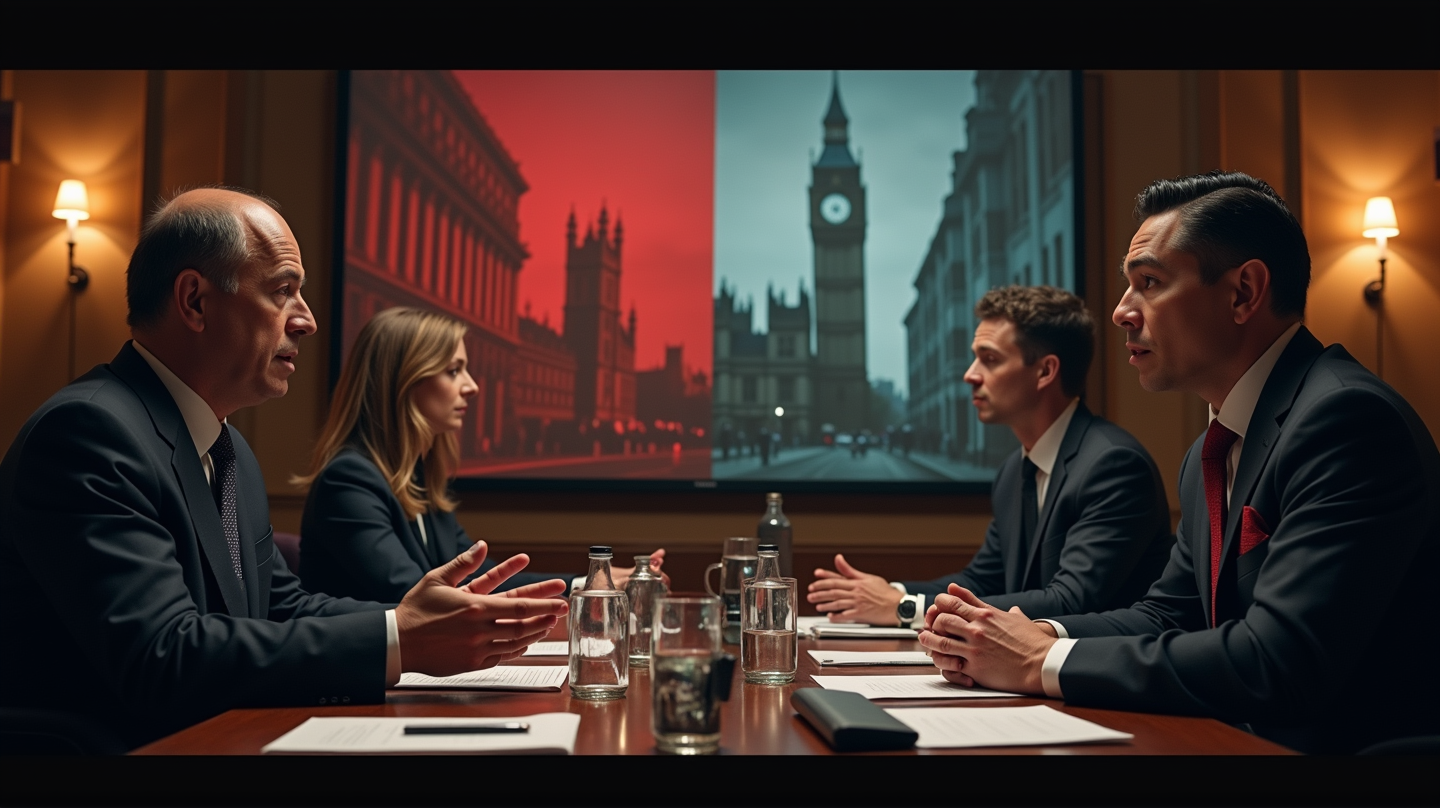In an intriguing turn of events, streaming giants like Netflix have voiced strong objections to a proposed levy on their U.K. subscriber revenue. The recommendation, which aims to bolster British drama production, came from a U.K. parliamentary committee suggesting a 5% charge. This dynamic conversation between policymakers and industry leaders raises important questions about the sustainability of local content in a globalized market.
Netflix’s Stance: Support, Not Punish
Netflix has articulated a pointed response, emphasizing the need to foster an attractive business environment rather than imposing penalties. As Britain’s largest production hub outside North America, Netflix argues that such financial burdens could eventually lead to higher costs for subscribers. This sentiment reflects the company’s consistent stance on promoting investment and innovation without facing deterrents in the form of levies.
The Double Tax Dilemma
Another layer to the debate is the perceived notion of double taxation. Netflix subscribers in the U.K. already contribute to the BBC license fee, prompting questions about their obligation to further finance new drama through an additional levy. A source associated with Netflix voiced concerns over who decides what content qualifies as ‘distinctly British,’ and how such funds would be allocated and managed.
Stakeholder Reactions and Economic Impacts
The Association for Commercial Broadcasters and On-Demand Services (COBA) echoes Netflix’s concerns, emphasizing the potential pitfalls of such a levy amidst the current economic climate. COBA warns that the proposed tax might inadvertently reduce funding for U.K. content and jeopardize jobs, urging a more nuanced consideration of public service broadcasters’ financial stability.
The Cultural Imperative
Despite resistance from streamers, the committee urges comprehensive support for British film and television. They suggest employing tax incentives and forming a cultural fund to enrich British drama. The desired outcome is to ignite distinctly British narratives that resonate with local audiences, ensuring they remain competitive in a growing international landscape.
A Future Lens: Cooperation or Collision?
As reported, the responsibility falls on both government and industry to nurture cultural prosperity without imposing undue strain on viewers. Constructive collaboration seeks to balance fiscal responsibility with creative freedom, charting a course for the U.K.’s creative sector amidst evolving global dynamics. According to The Hollywood Reporter, this proposal is a pivotal step in shaping the future of British media heritage.
In summary, while the proposed streaming tax strives to foster homegrown talent, it also thrusts streaming services into the spotlight, highlighting the ongoing discourse surrounding cultural investment versus financial integrity.
